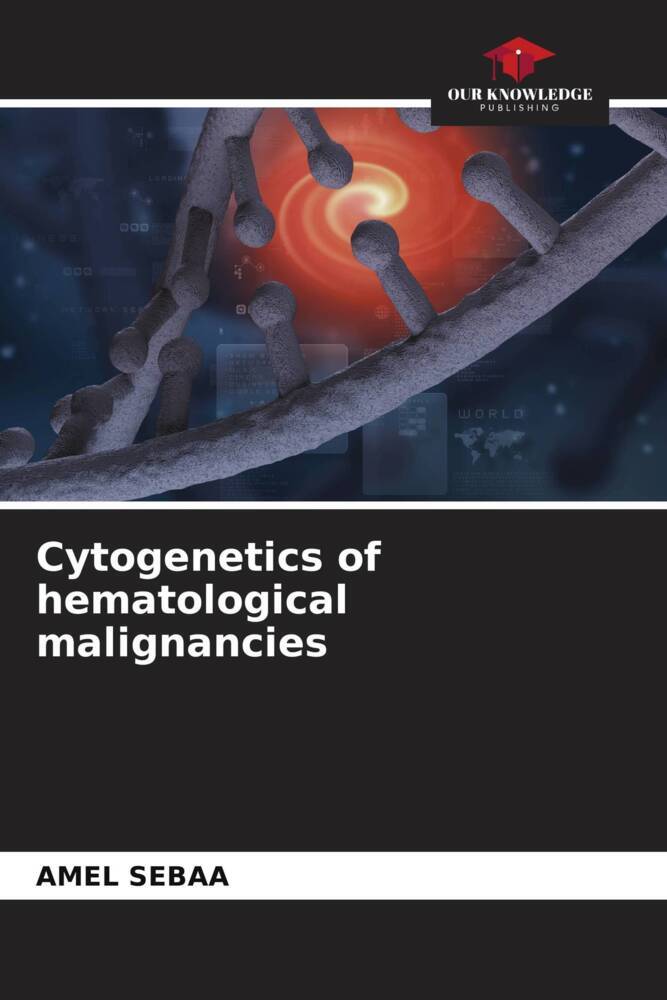
Zustellung: Mo, 16.06. - Do, 19.06.
Versand in 6 Tagen
VersandkostenfreiBestellen & in Filiale abholen:
In haematological malignancies, many chromosomal abnormalities can be identified, both in number and structure. They have the particularity of being acquired and evolving in clonal fashion. Various types of chromosomal abnormality have been identified in solid tumours. In addition to cytological and histological data, identification of a genetic anomaly is an integral part of the diagnostic process for haematological malignancies and certain solid tumours. Identification of these abnormalities also plays a part in prognostic stratification and therapeutic choices, and enables assessment of residual disease after treatment. Chromosomal abnormalities detected in haematological malignancies are acquired (restricted to the malignant clone), clonal, primary or secondary. Primary cytogenetic abnormalities are generally specific to a disease entity, whereas secondary abnormalities may be less specific; the latter reflect the evolution of the malignant clone and testify to its genetic instability.
Produktdetails
Erscheinungsdatum
29. Mai 2025
Sprache
englisch
Seitenanzahl
92
Autor/Autorin
Amel Sebaa
Verlag/Hersteller
Produktart
kartoniert
Gewicht
155 g
Größe (L/B/H)
220/150/6 mm
Sonstiges
Großformatiges Paperback. Klappenbroschur
ISBN
9786208903848
Entdecken Sie mehr
Bewertungen
0 Bewertungen
Es wurden noch keine Bewertungen abgegeben. Schreiben Sie die erste Bewertung zu "Cytogenetics of hematological malignancies" und helfen Sie damit anderen bei der Kaufentscheidung.









